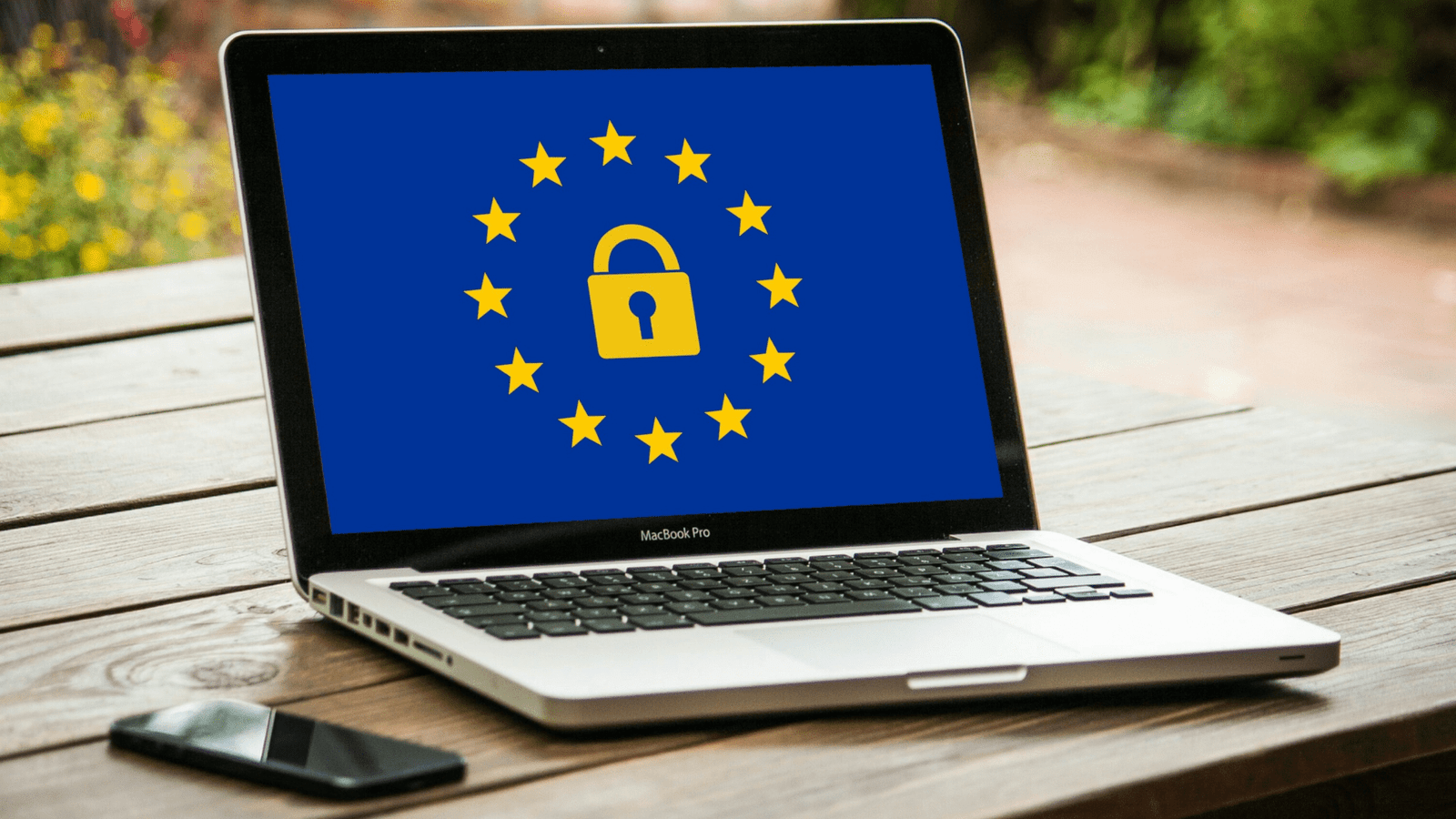This blog offers an in-depth guide to privacy-first marketing for businesses in Pune, India, and beyond. Learn how to implement GDPR-compliant marketing strategies, maintain data privacy across platforms, and build customer trust through ethical digital marketing practices. Explore how to use first-party data, adapt to cookieless advertising, and meet growing privacy regulations while improving performance in email marketing, social media campaigns, and search engine marketing. Designed for marketers, startups, and digital agencies in India, this content outlines key tools, techniques, and legal considerations to help you grow in a privacy-compliant digital marketing environment.

What Is Privacy-First Marketing and Why Data Privacy Matters in Digital Marketing Today
Privacy-first marketing is a strategic approach that prioritizes user consent, data transparency, and compliance with privacy regulations like GDPR and CCPA. In contrast to traditional advertising models that rely on third-party cookies, privacy-first strategies emphasize the ethical use of first-party data collected directly from customers through forms, subscriptions, and secure interactions. This ensures better alignment with digital marketing compliance standards while protecting sensitive customer information.
As global awareness around data security and online privacy grows, marketers must shift their focus toward building trust-based digital marketing campaigns. Customers now expect personalized experiences without sacrificing privacy. By adopting consent-based marketing practices, brands can enhance customer retention, meet evolving data protection laws, and improve the performance of email marketing, social media advertising, and web personalization. In today’s digital landscape, privacy-first strategies are no longer optional—they are critical for long-term success.
How Data Privacy Laws Like GDPR and CCPA Are Reshaping Digital Marketing Strategies
Modern digital marketing strategies are increasingly influenced by evolving data privacy laws such as the General Data Protection Regulation (GDPR), California Consumer Privacy Act (CCPA), and similar frameworks across the globe. These regulations require brands to be transparent in how they collect, store, and use customer data. As a result, marketers must shift toward compliant marketing practices, prioritizing user consent, opt-in systems, and first-party data collection to stay within legal boundaries.
By aligning with privacy regulations, businesses not only avoid hefty fines but also build stronger relationships through trust-based marketing. These laws are encouraging the use of ethical marketing strategies, where personalized advertising is based on voluntary data sharing. Compliance also impacts the tools marketers use, from CRM systems to email marketing automation and analytics platforms, all of which now require privacy-focused configurations. In today’s privacy-centric landscape, following data laws isn’t just about risk mitigation—it’s key to running effective, sustainable, and customer-centric digital marketing campaigns.
Key Principles for GDPR-Compliant Digital Marketing and Ethical Data Collection
Creating a GDPR-compliant marketing strategy begins with understanding how personal data is collected, stored, and used across all digital marketing platforms. Marketers must obtain clear, informed user consent before gathering any personal information through websites, landing pages, or lead forms. Compliance also requires offering transparent privacy policies, clear opt-in options, and secure systems for data processing and user preference management. Following these practices not only ensures compliance but also enhances your brand’s credibility in an increasingly privacy-conscious environment.
Another core principle is providing users with full control over their data. This includes easy opt-out mechanisms, the ability to request data deletion, and full transparency about how their information is used in email marketing, social media campaigns, or personalized advertising. Integrating first-party data strategies, using privacy-compliant CRM systems, and minimizing reliance on third-party tracking tools all contribute to successful GDPR-friendly campaigns. Adopting these standards protects your brand and builds long-term customer trust in a competitive, data-driven digital ecosystem.
Navigating the Cookieless Future in Digital Advertising: Strategies for First-Party Data, Personalization & Privacy Compliance
As third-party cookies are phased out by major browsers, businesses must embrace a cookieless digital marketing strategy that protects user privacy while maintaining effective ad targeting. The shift toward a cookieless future demands greater reliance on first-party data, zero-party data, and consent-based personalization to maintain relevance in digital advertising campaigns. Marketers must update their data collection methods, integrate privacy-focused CRM platforms, and implement GDPR-compliant marketing tools to continue delivering personalized user experiences without violating privacy laws.
To succeed in cookieless advertising, brands should adopt alternative tracking methods such as contextual targeting, server-side tracking, and predictive analytics. These strategies help maintain audience engagement while respecting evolving data privacy regulations. Investing in privacy-first ad platforms, enhancing email marketing automation, and building stronger customer trust through transparent communication are now critical components of a sustainable digital marketing strategy. Marketers who adapt early will not only stay compliant but also gain a competitive edge in the privacy-first era of advertising.
Creating Consent-Based Personalization Without Compromising Privacy
As user privacy becomes a top priority in digital marketing, brands must adopt consent-based personalization strategies that respect data boundaries while still offering tailored experiences. This means collecting and using first-party and zero-party data—like email preferences, product interests, and customer behavior—only after gaining clear, informed user consent. When implemented correctly, this approach enhances customer trust, supports GDPR and CCPA compliance, and ensures transparency in every interaction.
Instead of relying on intrusive tracking or third-party cookies, marketers can personalize content using ethically sourced data provided directly by the consumer. Tools that support privacy-compliant segmentation, email automation, and dynamic content delivery allow businesses to create meaningful customer journeys without compromising privacy. Consent-based personalization strikes the perfect balance between data protection, personal relevance, and digital marketing performance, helping brands build loyalty while staying compliant.

Types of Privacy in Digital Marketing: Building Trust Through Ethical Data Use
In today’s digital ecosystem, understanding different types of privacy is essential for creating privacy-first marketing strategies. These principles help brands stay aligned with data protection standards, foster user trust, and drive ethical, compliance-ready digital marketing campaigns.
| Type of Privacy | Definition & Marketing Impact |
|---|---|
| Data Privacy | Protecting personally identifiable information (PII) like names, emails, and location. Critical for GDPR-compliant marketing and secure first-party data collection. |
| Information Privacy | Ensuring that all user data remains confidential. Supports data security, ethical targeting, and customer trust in digital campaigns. |
| User Privacy | Empowering users with control over how their online behavior is tracked. Essential for consent-based marketing, cookieless advertising, and personalized experiences. |
| Communication Privacy | Protecting user preferences in channels like email marketing, messaging apps, and chatbots. Key for reducing spam and enhancing engagement rates. |
Focusing on these privacy types helps digital marketers create trust-driven, data-compliant strategies while maintaining performance across multi-channel marketing platforms.
Final Thoughts: Future-Proofing Your Digital Marketing Strategy
Implementing privacy-first marketing strategies requires the use of advanced, GDPR-compliant digital marketing tools that support data security, consent-based personalization, and ethical customer data management. These platforms help marketers collect and manage first-party data more efficiently, ensuring compliance with global data privacy regulations like GDPR, CCPA, and others. The right tools streamline audience segmentation, email automation, and user consent tracking without compromising trust.
While many businesses rely on privacy-compliant CRM systems, customer data platforms, and analytics tools, the real advantage lies in using integrated solutions tailored to your unique goals. These tools can help enhance campaign performance, boost customer engagement, and deliver relevant experiences in a secure, transparent way. To protect your strategy and stay ahead in the cookieless digital marketing era, choosing the right privacy-focused platforms is critical but knowing which ones to use is where expert guidance becomes invaluable.
Content Writing-GMB Experts In Pune, Digital Entire-Digital Marketing Company In Pune